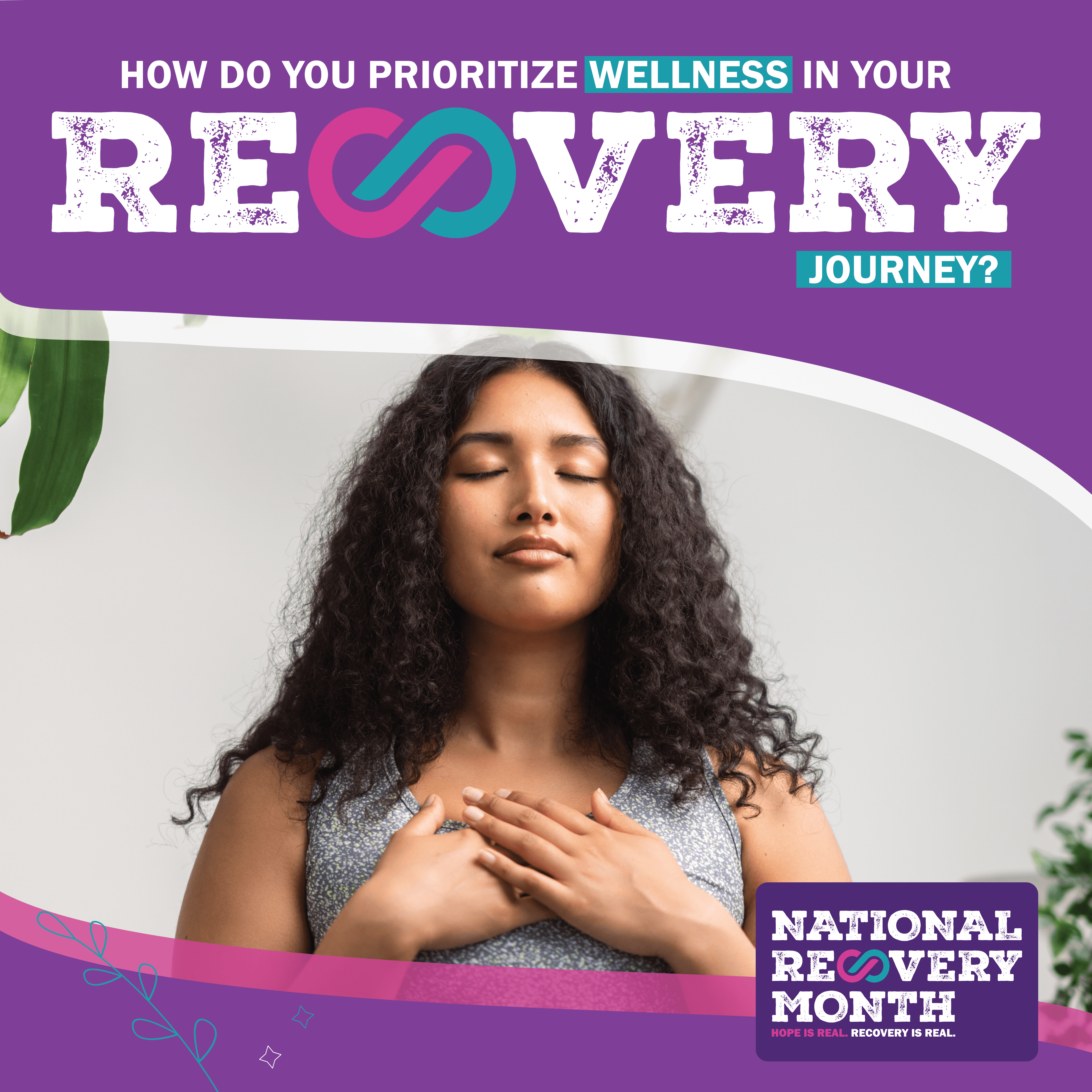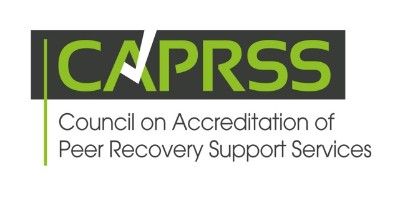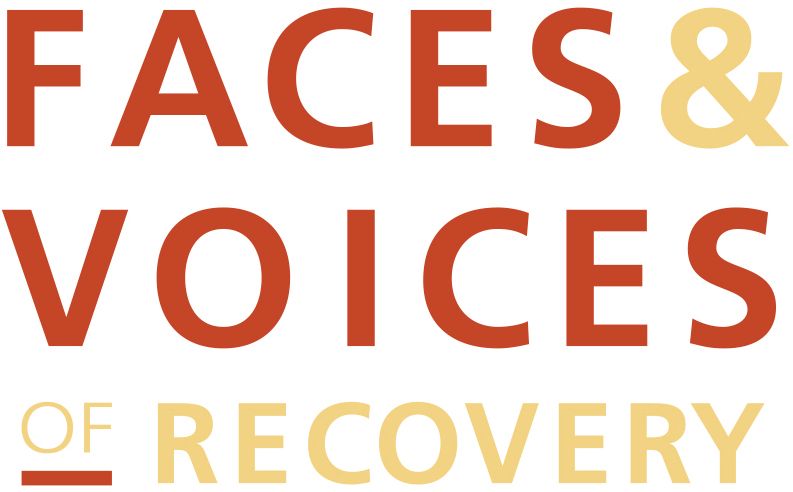
Recovery is a journey of transformation and rediscovery, an opportunity to reclaim your life and build a future that's in harmony with your true self. At the heart of this transformative journey lies the practice of self-care, an essential and personalized approach to fostering wellness. #RecoverySupport and self-care are not one-size-fits-all; rather, they're tailored to fit your needs, preferences, and unique path to recovery. As we celebrate #RecoveryMonth, let's delve into the realm of self-care and explore how it can be a guiding light on this road to redemption.
Unveiling the Power of Self-Care
Self-care is an art and a science—an art in its personalization and a science in the way it impacts your mental, emotional, and physical well-being. At its core, self-care is about honoring and nurturing yourself. It's about cherishing your body, mind, and spirit, and creating an environment of healing and growth.
Imagine self-care as the gentle embrace you offer yourself amidst life's storms. It's your commitment to cultivating a positive relationship with yourself, and it's essential in any recovery journey.
Crafting Your Personalized Self-Care Regimen
Your journey of recovery is unique, and so should be your self-care routine. Let's explore some tips to tailor your self-care regimen for maximum effectiveness:
1. Listen to Your Needs
The first step in creating a personalized self-care routine is listening to yourself. Pay attention to what your body, mind, and emotions are telling you. Do you need rest? Do you crave social connection? Do you long for solitude and reflection? Tune in and listen attentively.
2. Design Your Sanctuary
Create a space where you feel safe, calm, and at peace. It could be a cozy corner in your home, a spot in nature, or even a tranquil room with soft lighting and comforting elements. Having a sanctuary allows you to retreat and rejuvenate whenever you need to.
3. Engage in Creative Expression
Expressing yourself creatively can be incredibly healing. Whether it's writing, painting, dancing, or playing an instrument, engaging in creative activities can help you process emotions and find joy in the process.
4. Connect with Nature
Spending time in nature is a potent form of self-care. Take a walk in the park, hike a trail, or simply sit by a river. Nature has a soothing effect on the soul and can provide clarity and perspective.
5. Practice Gratitude
Gratitude is a powerful tool for shifting your perspective and fostering positivity. Take a few moments each day to reflect on what you're grateful for. It could be as simple as appreciating a beautiful sunrise or a kind gesture from a friend.
6. Seek Professional Guidance
Consider seeking support from a mental health professional. Therapy can be an invaluable component of your self-care routine, providing you with tools and strategies to navigate your recovery journey effectively.
Harnessing the Power of Resources
Empower yourself in your self-care journey by utilizing resources available to you. Websites like samhsa.gov/find-support/how-to-cope offer a treasure trove of tips and guidance on how to cope and prioritize self-care during your recovery. Explore the array of resources and use them to enhance your self-care practices.
In Conclusion: Embrace the Journey, Embrace Yourself
Recovery is a testament to your resilience, strength, and capacity to heal. Embrace this journey of recovery with open arms, knowing that self-care is an indispensable companion along the way. Celebrate #RecoveryMonth by celebrating yourself—your ability to heal, grow, and thrive through self-care. Nourish your soul, prioritize your well-being, and watch yourself blossom into the incredible being you were always meant to be.









